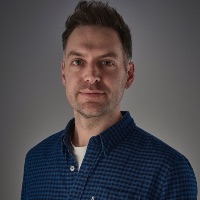Mike Joyce: “When I started I had three styles of playing: fast and loud, faster and louder and fastest and loudest. The Smiths was a shock”
The Smiths went from indie rock innovators to cult heroes in just six years. Drummer Mike Joyce looks back on his rhythmic contributions that helped fuel the musical magic
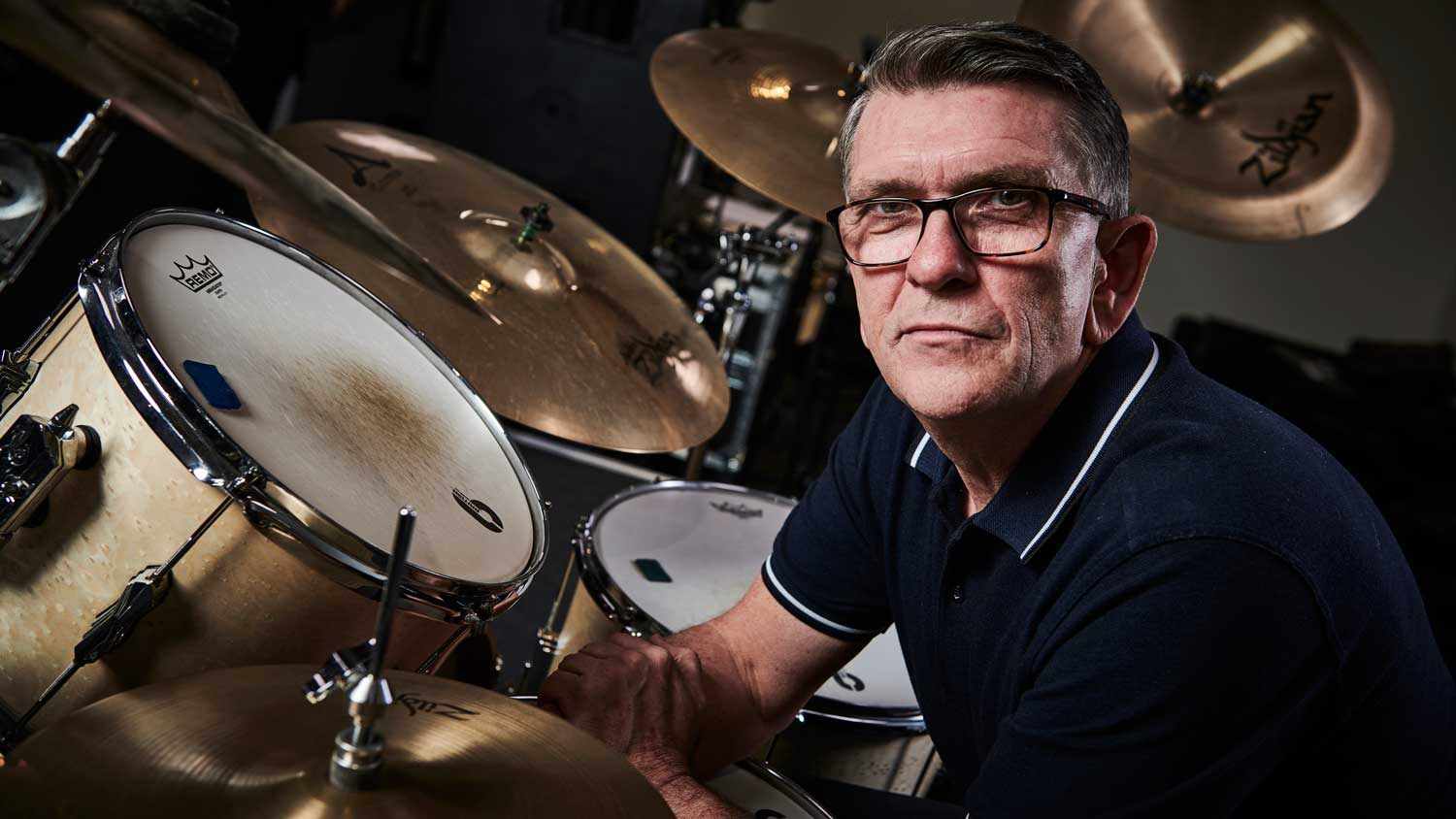
Want all the hottest music and gear news, reviews, deals, features and more, direct to your inbox? Sign up here.
You are now subscribed
Your newsletter sign-up was successful
When bass player Andy Rourke, guitarist Johnny Marr, outspoken singer Morrissey and punk-loving drummer Mike Joyce joined forces to form The Smiths in 1982, little did the Mancunian quartet know that they were about to rapidly and explosively scale the summit of indie rock mountain.
From the opening beats on The Smiths’ self-titled debut album it became clear that Joyce was the band’s understated anchor, carrying the weight of such seminal tracks as ‘How Soon Is Now?’ and ‘This Charming Man’ with solid rhythms and musical flourishes.
Sudden flashes of percussive brilliance, like the tribal toms of ‘The Queen Is Dead’, cemented his reputation as a drumming anti-hero – he wasn’t a flashy player, but his beats were absolutely vital to the music.
Six short years later and it was all over, although the band’s influence still ripples through indie land. Mike’s reputation preceded him and the gig offers came flooding in.
Subsequently he appeared behind the kit with everyone from Sinéad O’Connor and Julian Cope, to Buzzcocks and Public Image Limited.
We sat down with Mike to talk about creating legendary music with The Smiths, being a team player and the secret to happy touring. Here’s what went down…
[Interview by Colin Woolway]
Want all the hottest music and gear news, reviews, deals, features and more, direct to your inbox? Sign up here.
Mike, you’ve played with a number of artists through your career, but you don’t really regard yourself as a session drummer. Do you see yourself as more of a band player?
“Yeah, very much so. The reason why I wanted to play drums in the first place is because I went to see a band called Buzzcocks play in Manchester and I fell in love.
“They were a punk band and I always thought that punk rock was fighting and spitting and aggression. I loved the fact that it looked like a team effort to get to the point of sounding like they did. Nobody stood out, really. It was the sound of them all playing together.”
For the single release of ‘What Difference Does It Make?’ John Porter said, ‘Mike I think it’s a bit too busy, can you straighten it up a bit?’. Morrissey stood up for me and said he liked the way I was playing it – it was busy, it was exciting
John Maher was a very good drummer.
“He was a brilliant drummer. Like I said, it wasn’t so much what he was doing – obviously I liked what he was doing and that’s what I wanted to play – but it was more about listening to the sound that all four of them made together.
“And that inspired me to start playing. When I did start playing [with other musicians] it just felt like a collaborative effort to get to where we wanted to be. I never really wanted to play anything outside of what I thought was right for the song.
“Somebody posted what they thought was a disparaging Tweet a few months ago. They said, ‘I’ve listened to your drums and none of the drum tracks you’ve played on stand out’.
“That’s the best compliment I think I could have, because I don’t want my drums to stand out. I never wanted them to stand out. I’ve never tried to play drums to impress, I’ve always played drums for what I think is an empathy for what I’m hearing from the songwriter.”
Playing parts that gel with the whole band rather than focusing on flash?
“Absolutely. Look at Charlie Watts. I don’t hear people say, ‘Look what he’s doing on the drums, he’s fantastic’. I’m not putting myself in that league by the way, but what I’m saying is that in terms of his application towards playing drums in a band, he just plays the right drum part every time for every song.
“That to me is more important than being able to do things that are technically brilliant. It’s personal taste and personal choice obviously – everyone has their own interpretation of what they want to do in a band – but for me it was always a collaborative team effort.”
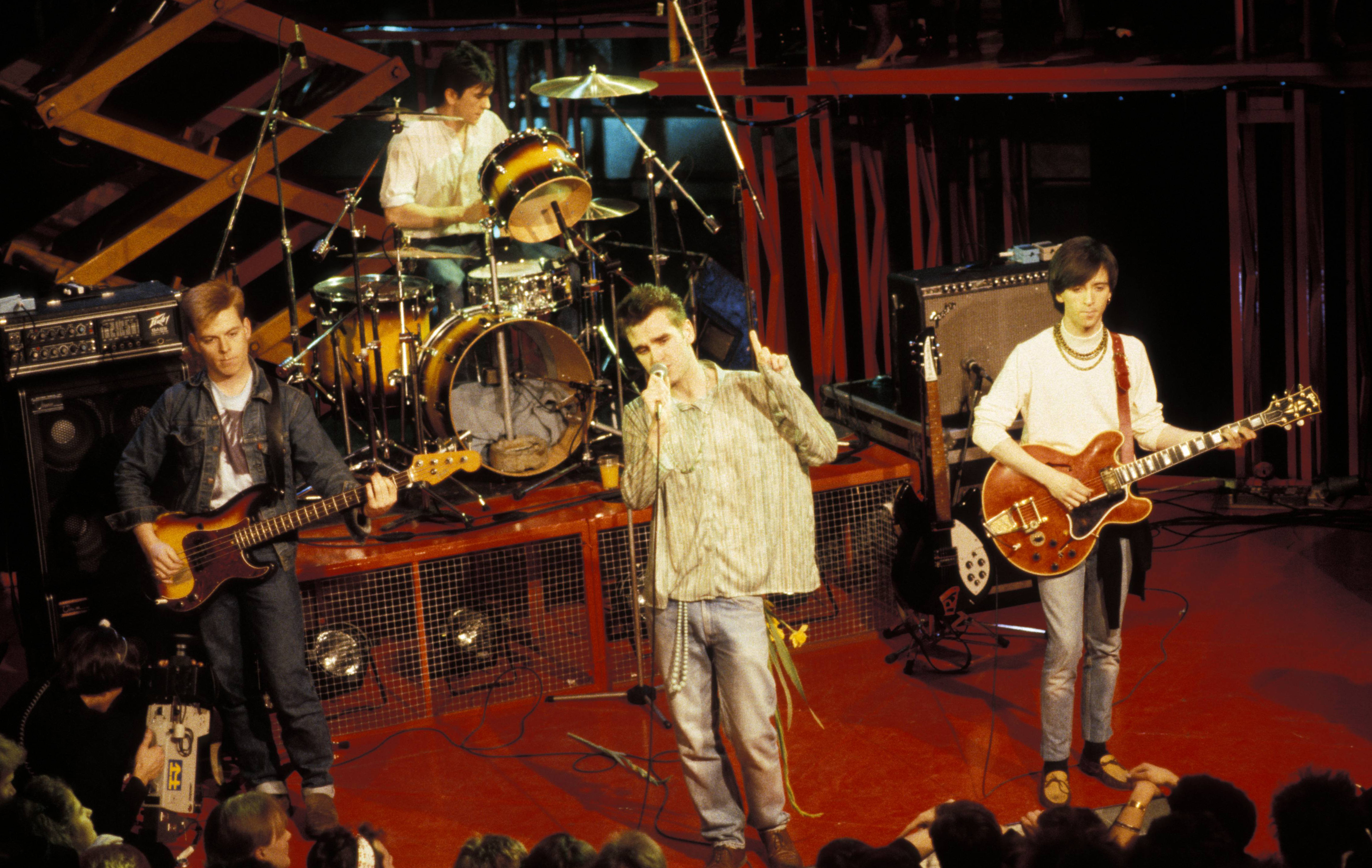
When you were starting out did you always want to join an originals band?
“I’ve spoken to session players and sometimes I’ve been quite envious of the fact they’re going in there like, ‘Hiya, how do you do, play the song, finish, seeya, goodnight.’
“But then they’ve said to me, ‘yeah but you feel the triumphs’. When you’re playing the Royal Albert Hall or Glastonbury, that feeling can’t be replicated. You can’t buy it; it’s something that really stands out and is something you can treasure forever.
“The thing is, I’ve never wanted to play in a band that I didn’t like, and that’s something I’ve kept true to myself from when I started playing when I was 16. I’ve been offered some great gigs, but I’ve turned them down because I didn’t think I’d get on with them.
“The first thing I did in the past when I played with other bands, is I wanted to know whether I was going to get on with these people and whether I’m going to be friends with them.
“It’s that old adage, it’s not the hour and a half on stage, it’s the other 22 and a half. That’s what concerns me – when I’m doing that nine-hour journey through Colorado, I want to be with friends. Luckily it’s worked out like that each time.”
Did you join a band straightaway when you started out?
“Yes, it was a little punk band called The Hoax. When I first started playing, I noticed I was liking fast and aggressive sounds. I had three styles of playing, fast and loud, faster and louder and fastest and loudest.
“That was about it really. I had a great time with that band. It was a fantastic experience and they were really good friends.
“Not long after that I was introduced to The Smiths. It was quite a shock to then be asked to play along to tracks like ‘I Don’t Owe You Anything’. It was quite a departure from what I’d been used to and to be honest I struggled with it.
“I had to get up to speed with it and I had to learn to play like that, through necessity really. All the young players reading this, I can’t emphasise enough how important it is to play different styles of music, to get out of your comfort zone.
“Play different kinds of things, rock, funk, punk, reggae, anything. When it’s presented to you it’s not so much of a shock as it was for me.”
I never played with Andy, I played with Johnny. That’s what the Stones did. Andy’s bass playing was so intricate, you could take Andy’s bassline, put it on a song and it would be a song in itself…
The Smiths’ music was quite eclectic.
“That’s down to the versatility of Johnny’s playing and songwriting. The Smiths were a very different animal from most of the bands I’ve played in, because how can you categorise The Smiths?
“What kind of band is it? I still find it difficult to do now. The musical styles were so varied, we covered just about every base.”
What has your relationship been like with producers you’ve worked with?
“It’s a strange beast. Some younger players might not have experienced being in the studio with a producer. Imagine if you went in the studio, you played the track through and asked, ‘what do you think?’.
“And imagine if the producer went, ‘it sounds great, why do you need me?’. They can’t say that because of course they’d be out of a job! So they’ve got to do something and change the track for the better hopefully.
“When we did the first album there was a track called ‘What Difference Does It Make?’. There were two separate recordings of that track.
“The first was for an album called Hatful Of Hollow. That was an album of sessions that were done for the BBC. That’s when you go in and record three tracks in a day, recorded, mixed, the whole lot.
“That’s a great tester for any musician. That can sometimes be difficult because obviously you want it to sound great. The part I recorded for that was really skippy and bouncy. When I heard the riff that Johnny played I thought about putting in little inflections and I thought it sounded great.
“John Porter, the bass player from Roxy Music was the producer of both Hatful Of Hollow and our first album. For the single release [of ‘What Difference Does It Make?’] he said, ‘Mike I think it’s a bit too busy, can you straighten it up a bit?’. Morrissey stood up for me and said he liked the way I was playing it, it was busy, it was exciting.
“I did it, and I thought the single release of the track was really boring! The Hatful Of Hollow session was miles better. What John said was, ‘When you play it live play it like that, then for the record we’ll keep it straight and square. When you go and play it live you can make it as busy as you like.’
“We did and it was the biggest hit that we had. It’s interesting really when you’re in a studio environment and you stand in front of somebody who says, ‘It should be like this.’ Production is a strange art. They can’t make anybody play better, but what they can do is harness what they’ve got.”
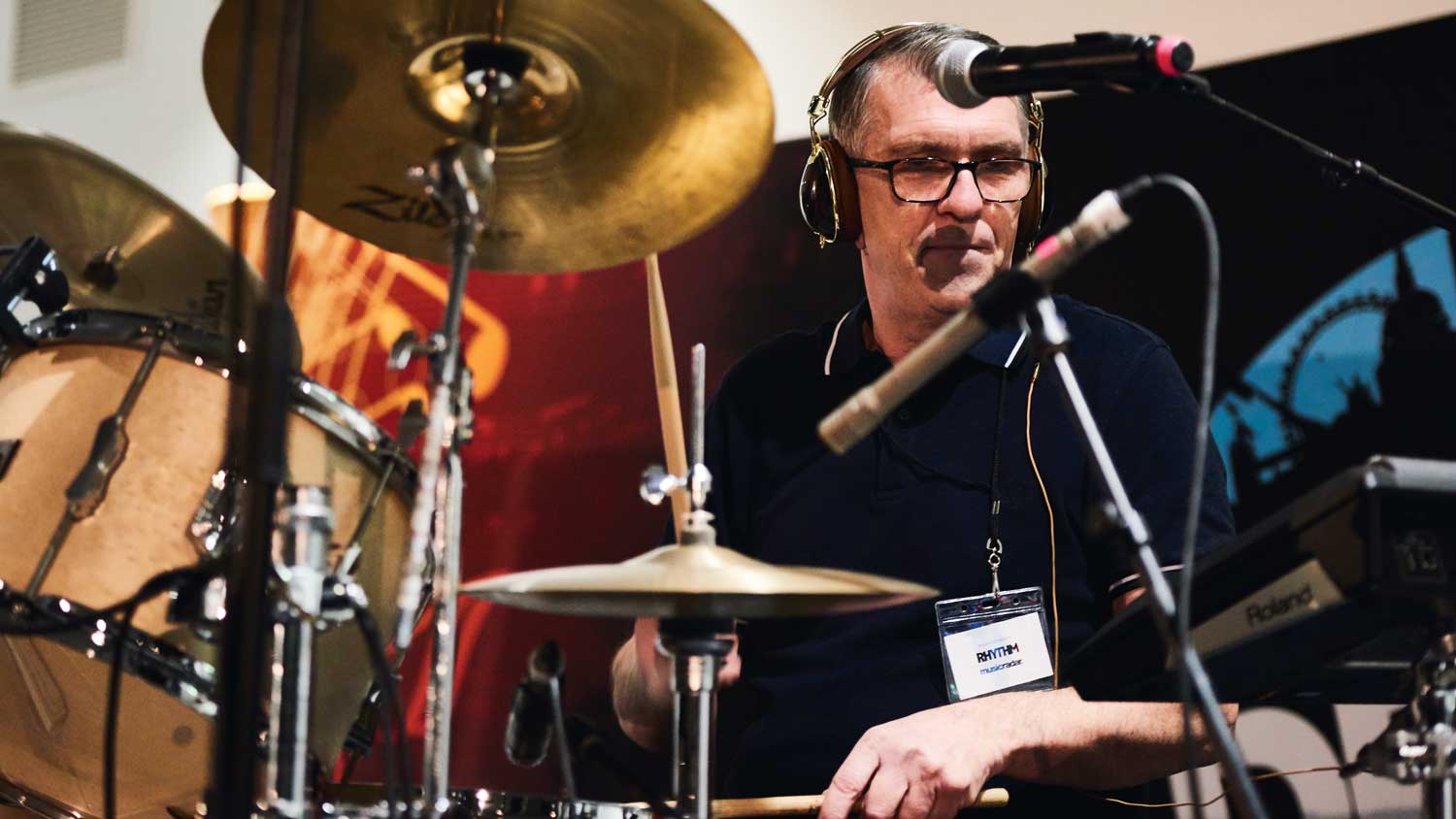
As you said before, you want to do what is right for the song. Do you have any other stories of your Smiths drum parts taking shape?
“The demo version of ‘The Queen Is Dead’ was played on the floor tom, but we hadn’t worked out the best way to play it. We really liked that low jungle-y, floor tom-y sound, but the problem was that when I was playing that pattern, any time I played any kind of fill we were losing that.
“[Engineer] Stephen Street suggested recording just the floor tom pattern and looping it. Then you can overdub the cymbals, the kick, the snare, the hats. I was like, ‘Hold on a minute, that’s cheating’.
“He was saying we’d get the best floor tom sound I’ve ever heard in my life and we’ll isolate it and it will sound absolutely fantastic. I said, ‘What about live?’ He said to play it as I was playing it originally.
“The amount of times I’ve played that song and nobody has ever said it sounds different from the record. The vast majority of people aren’t going to be jumping around saying, ‘Did he play it like that on the track?’. It took a lot of convincing for me to realise that.”
Drummers are unique in that guitar players have access to pedals and amplification. Drums are a totally acoustic instrument. We fall between ‘How do you want my drums to sound on this session?’ and ‘These are my drums, this is how they sound’. How did you fit in with that?
“It’s down to the individuals you’re working with. Once we got that team together, including engineer Stephen Street, we had an affinity with each other. It’s a bit like any kind of relationship, even outside of playing music.
“When you’re with someone and you meet them for the first time and you get on well with them, the next time you see them you know what they like and want. You get a feel for them as people.
“Once that sound was originally created we felt really comfortable with each other. People talk about The Smiths rhythm section being really tight. I never played with Andy, I played with Johnny. That’s what the Stones did. Andy’s bass playing was so intricate, you could take Andy’s bassline, put it on a song and it would be a song in itself…”
Stephen Street suggested recording just the floor tom pattern and looping it. Then overdubbing the cymbals, the kick, the snare, the hats. I was like, ‘Hold on a minute, that’s cheating’.
People always talk about locking in with the bass player, but a lot of the time when you’re dealing with original songs you’re hearing the guitar part first…
“I always found that really frustrating. One, you’ve got the drum track down with the guide guitar, then they’d zero the desk and start putting the bass on. Then Johnny would start writing these most incredible guitar lines.
“I used to get a bit frustrated and wanting to go back! There’s a track called ‘The Headmaster Ritual’. When we played that track it was just a basic riff. When I played the drums on top I played a drum riff or motif.
“Afterwards [Johnny] put a guitar on top of that and then Morrissey sang a vocal that actually went with the drums. They were following me and it actually made the song. I was so frustrated so many times that I couldn’t go back.”
When you were recording The Queen Is Dead did you feel you were making a legendary album?
“No, it was just another album. We knew it was getting better. The first album that we wrote and recorded was based around our first set of songs that we’d ever played.
“Those were the songs that we’d rehearsed and we got known for. There’s a reason it’s called the difficult second album, because it’s got to be different, but you can’t make it so different that it alienates all the people that liked the first album. We’d had that with Meat Is Murder.
“Johnny’s guitar parts were so prolific that the styles of the tracks were so different and disparate, so unusual. I think when it really kicked in for us all was the last album, Strangeways…[, Here We Come]. By that point, even though we knew we didn’t have anything to prove to anybody, it was an album that we all felt most comfortable with.”
You also toured with Julian Cope and Sinéad O’Connor?
“Sinéad was the first thing that I did after The Smiths. We knew a guy in London who said he was working with this new artist, an Irish girl called Sinéad. I had a listen and I thought she was brilliant. That girl can sing.
“We met up with her and she was fantastic. As an artist and as a person she was brilliant. That was lovely to play with her. That was myself and Andy Rourke.”
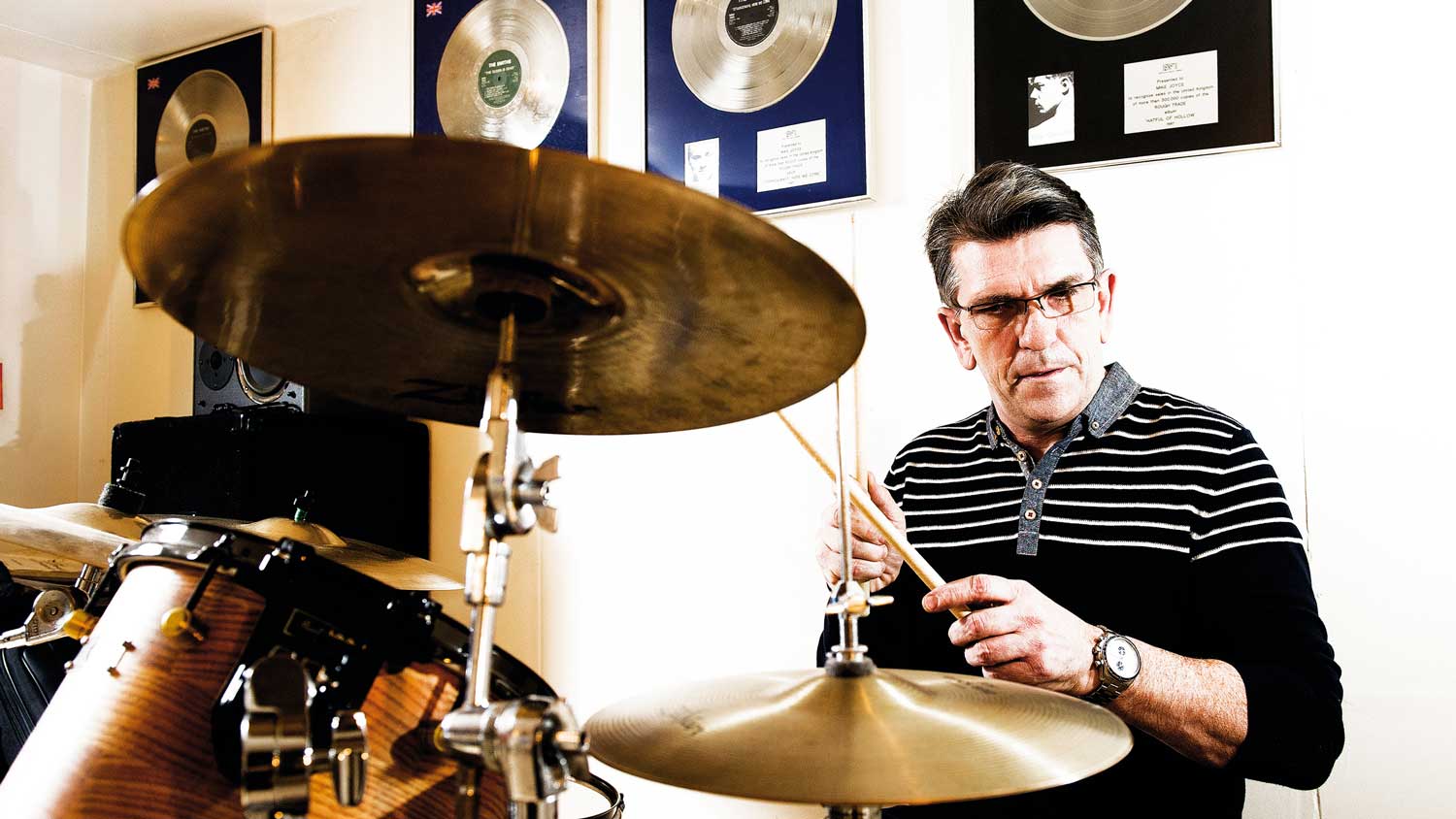
How did it feel coming out of the comfort zone of The Smiths and playing with people like Julian Cope?
“It was brilliant. We went out and hung out for a while. I played with PiL for a couple of years, too. Ten years prior to that I was jumping around with spiked hair to PiL songs, then I’m on stage with Johnny Rotten.
“I remember we were in rehearsals, it was in John Henry’s in London. I went into the café and he was having a coffee. He’d not been down to the rehearsals yet. I saw him there and thought I’d best go and say hello, I’m in his band!
“I said, ‘I’m your drummer, I’m working with you’. He said, ‘I’ve heard you’re s**t’’. I said, ‘it’s funny you should say that because you’ve not heard me play, but I’ve heard you and I know you’re s**t!’. We sat down and we got drunk together. That was a way for us to hang out and do a bit of bonding.
“I’ve done that with everybody that I’ve played with. I like to feel that we can get on and speak together. Doing those 15-hour drives across America. Man, that’s tough.
“Or when you arrive at a gig and it’s midday and the sound check’s at 6. Who’re you going to hang out with? Your mates. Luckily every band that I’ve been with has been like that and I’ve made sure that if it’s not I’m out.”
I'm MusicRadar's eCommerce Editor. In addition to testing the latest music gear, with a particular focus on electronic drums, it's my job to manage the 300+ buyer's guides on MusicRadar and help musicians find the right gear for them at the best prices. I dabble with guitar, but my main instrument is the drums, which I have been playing for 24 years. I've been a part of the music gear industry for 20 years, including 7 years as Editor of the UK's best-selling drum magazine Rhythm, and 5 years as a freelance music writer, during which time I worked with the world's biggest instrument brands including Roland, Boss, Laney and Natal.
